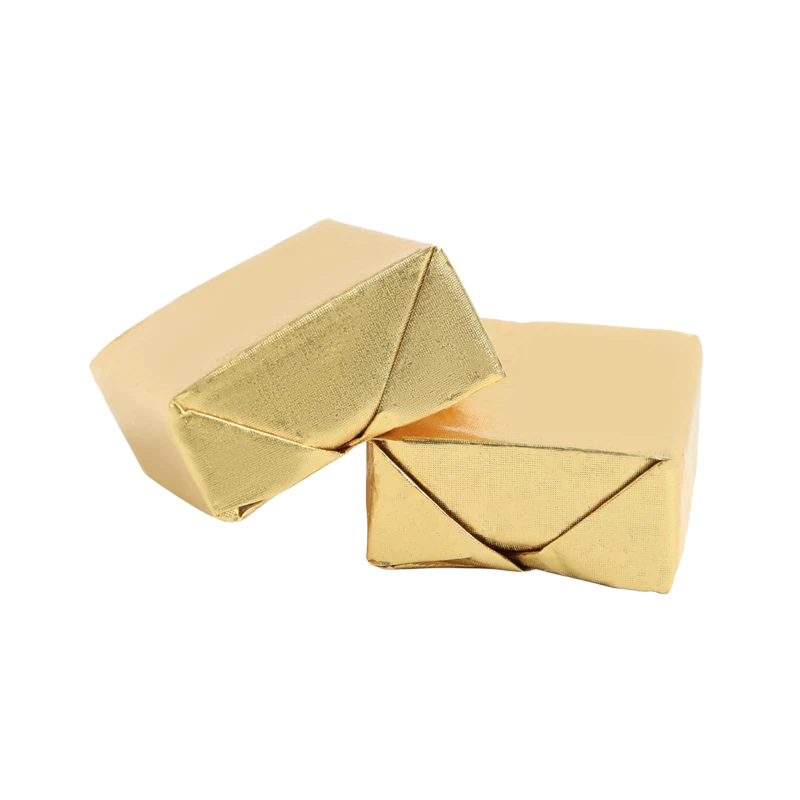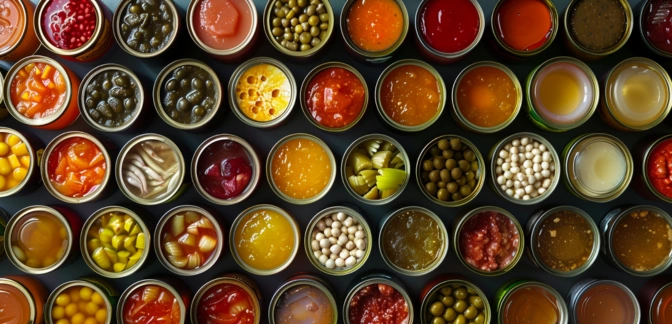Bouillon Cubes — Nutrients, Health Benefits, And Shopping Tips

Written by Listonic Team
Last update on September 4, 2024
Nutrients
Nutrition facts
Amount per 100 g
Calories
🔥 198 kcal
| Nutrition per: 100 g | Value | % Daily Value* |
|---|---|---|
| Carbs | 9 g | 3.27% |
| Fiber | 0 g | - |
| Sugars | 1 g | 2% |
| Glycemic Index | 0 | - |
| Protein | 12 g | 24% |
| Sodium | 16600 mg | 721.74% |
| Total Fat | 14 g | 17.95% |
*The % of Daily Value (DV) tells you how much a nutrient in a serving of food contributes to a daily diet. 2,000 calories a day is used for general nutrition advice.
12 g
🧀 Good Protein Content
Key takeaways
Health benefits
- Provides flavor to soups, stews, and other dishes, making them more palatable and enjoyable.
- Convenient and easy to use, offering a quick way to add depth and richness to recipes without needing to make broth from scratch.
- Low in calories, making them a good option for adding flavor without significantly increasing calorie intake.
- Contains some essential minerals like sodium, which is important for maintaining fluid balance and nerve function (though intake should be moderated).
Health risks
- High sodium content which can contribute to hypertension and increased cardiovascular risks when consumed frequently.
- Presence of MSG (monosodium glutamate) in many bouillon cubes, which may cause adverse reactions in some individuals, including headaches and nausea.
- Artificial additives and preservatives which may pose health risks or cause adverse reactions in sensitive individuals.
- Low nutrient density as bouillon cubes primarily add flavor without significant nutritional value, potentially contributing to a less balanced diet if relied upon heavily.
How to choose bouillon cubes
Bouillon cubes should list real meat, poultry, or vegetables as their primary ingredients and include minimal artificial additives. They should dissolve easily in water, creating a clear, flavorful broth.
Avoid bouillon cubes that feature a long list of complex ingredients, are high in sodium, or contain MSG. Reject any with a chalky texture or an off smell, signs of poor quality or age.

How to store bouillon cubes
Bouillon cubes should be stored in a cool, dry place in their original packaging or an airtight container. A pantry or kitchen cabinet is ideal to keep them free from moisture. Properly stored, bouillon cubes can last for up to two years.
Exposure to humidity can cause bouillon cubes to clump and lose flavor. Storing them near the stove or other heat sources is not recommended. Keeping them in an airtight container ensures they remain potent and free from contamination.
✅ Extra Tip
How long do they last?
Bouillon cubes can last for 2 years or more when stored in a cool, dark place. They are designed for long shelf life, but always check the expiration date on the packaging for the best quality.
What to do with leftovers?
Leftover bouillon cubes can be used to add flavor to a variety of dishes, such as soups, stews, sauces, and rice. Dissolving a bouillon cube in water creates a quick and easy broth that can be used in place of stock in recipes. You can also crumble the cubes and use them as a seasoning for roasted vegetables or meats.
Beyond cooking, bouillon cubes can be handy for DIY projects. For example, they can be dissolved in water to create a homemade fertilizer solution for plants, providing essential nutrients. Additionally, bouillon cubes can be used in craft projects; their vibrant colors can be extracted and used to dye fabric or paper. You might also consider adding them to homemade pet food to enhance flavor, though it’s important to ensure the ingredients are safe for your pet.
👨⚕️️ Medical disclaimer
Discover products from other categories
Listonic Team
Fact-checked
Our editorial team checked this article to make sure it was accurate at the time of publishing it.
Get the top-rated shopping list app

bouillon cubes
1 piece







